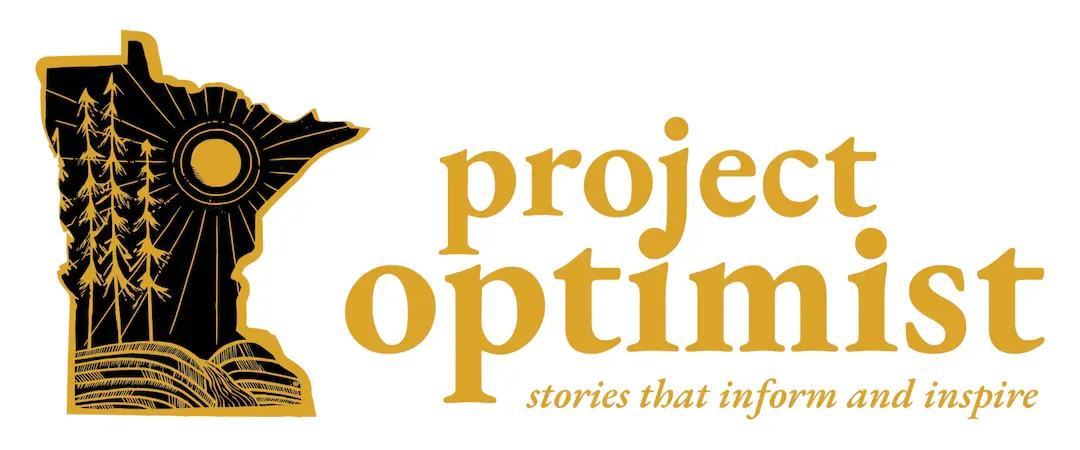Community Voices ⎸ Emotional whiplash: My big lessons on death came from giving birth
"Never have I been so close to death and birth," writes Nora Hertel, founder and executive director of Project Optimist.
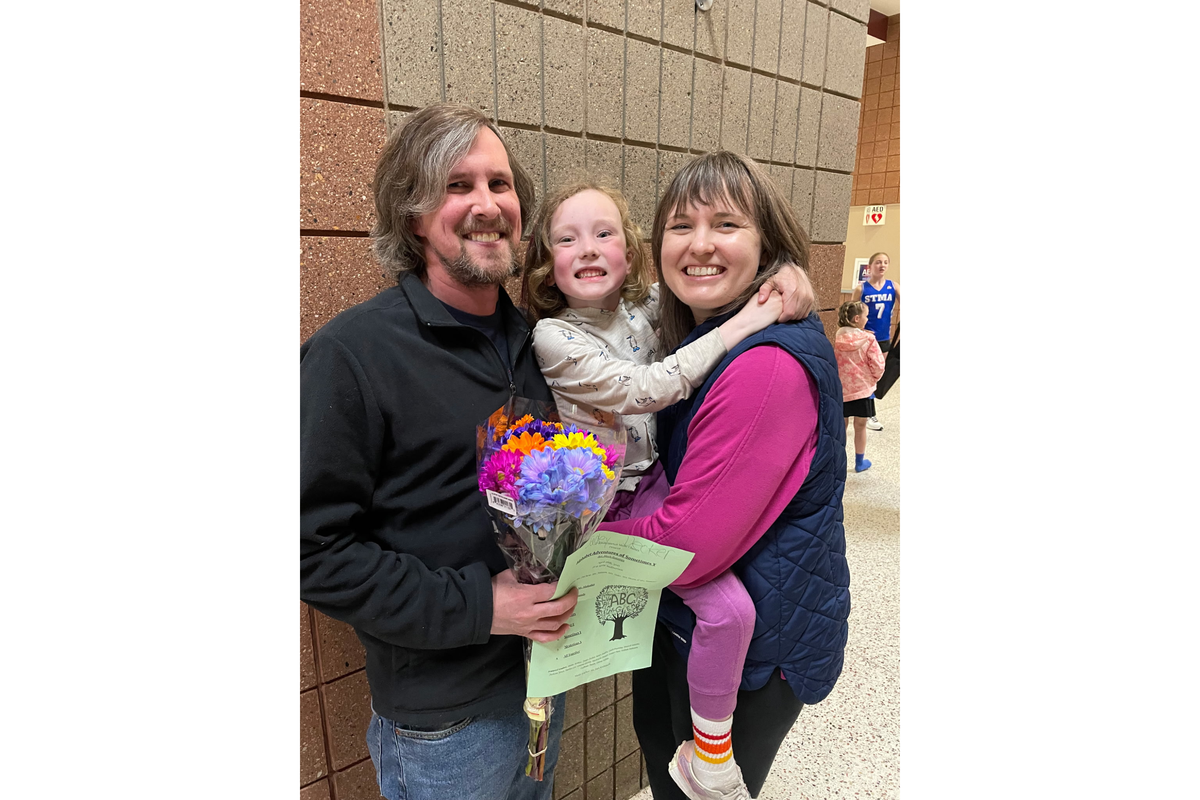
My child started thinking about life without me and my husband, Ben, earlier this year, while finishing up dinner.
5-year-old: “What happens if you die?”
Me: “Honey, that’s not going to happen for a long time.”
5-year-old: “I don’t want you to die.”
Then some foreboding coughs. And vomit.
As we cleaned up I tried to share my philosophy on death, which draws on Buddhist teachings. Death challenges all of us. And when we allow, it teaches us to appreciate what’s good now.
Then Ben shared his approach – one that most of us rely on: “I try not to think about it.”
Support award-winning solutions journalism focused on greater Minnesota: Give to Project Optimist!
I’d only considered our mortality a few times before we had a kid. But the family planning and birth experience brought our frailty front and center.
Becoming a parent is raw and vulnerable. And it often prompts important end-of-life plans in service to the child such as securing life insurance and a will. I hope you’ll do those things, whether you have a child or not.
I am finally planning for my mortality, seven years after becoming pregnant, six years after becoming a mother changed my view of life and death.
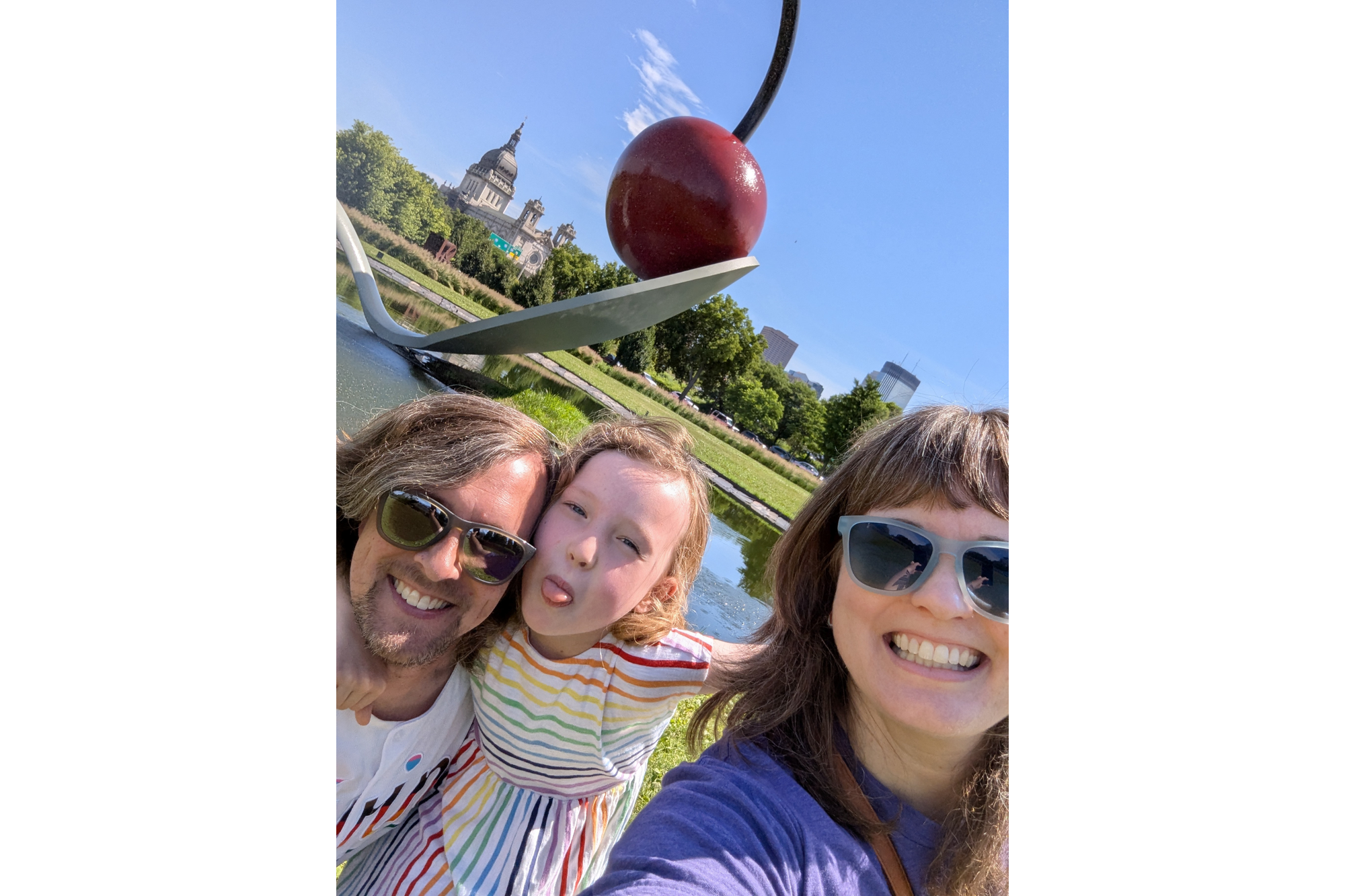
Family history
Ben and I are “old” parents and entered into the institution in our thirties. We waited due to work, school, and genetic illness in Ben’s family. We wanted to ensure we would not pass along the gene for Huntington’s Disease, the degenerative illness that killed my mother-in-law and her father.
It’s a long story. Some of which USA TODAY published in 2018. Some of which I haven’t written yet. Some of which I’ll share here.
Our child does not have the gene. But that assurance didn’t come easy.
Sign up for Project Optimist's newsletter
Solution-focused news, local art, community conversations
It's free. No spam. Unsubscribe anytime.
Ben decided to get tested and learn whether he had the gene or not. We went through genetic counseling and couples therapy before the test, and we made a plan for good news or bad.
We got bad news.
We took time off work. We went to see “Inside Out” in the theater and cried through it. Then we decided to get pregnant in a way that ensured our child did not have the gene for Huntington’s Disease.
It was a very emotional summer with a lot of grief to sort through.
As we entered the second trimester, we started telling our closest people the news: 1. Ben has the gene. 2. We’re having a baby free from the gene! A high and a low. Emotional whiplash.
The First Noble Truth
Birth is always named alongside “old age, sickness, and death,” in Buddhist teachings on suffering. It’s the First Noble Truth that we all suffer. And we suffer fundamentally because of the challenges that come with birth, old age, sickness, and death.
I didn’t fully understand why birth was on this list until I became pregnant. Miscarriage is incredibly common, and child mortality less so. But I’d heard stories of both from women in my circle.
My pregnancy was normal until my water broke at 36 weeks. I didn’t have the labor experience depicted in movies. My body and my little one resisted the doctor’s attempts to induce labor. So I had a cesarean section, then I threw up, then they separated the baby and I for our respective treatments.
 Project OptimistNora Hertel
Project OptimistNora Hertel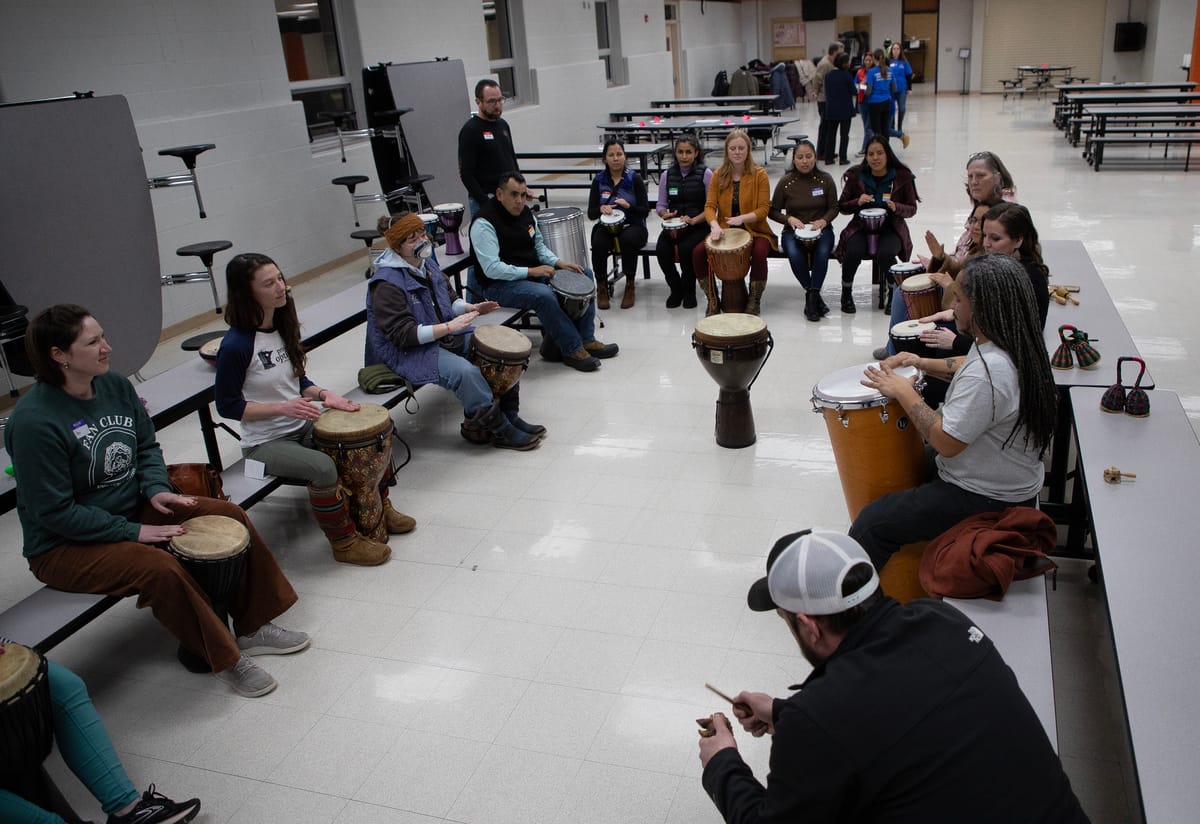
A week later I was back in the maternity ward with preeclampsia – extremely high blood pressure that can lead to stroke or seizures.
Never have I been so close to death and birth.
It took Ben and me a long time to recover from that trauma. He had to solo parent an underweight infant while I was hospitalized. My entry into motherhood was a sequence of events I couldn’t control. Hmm. Maybe that is a fitting introduction to life as a parent.
We live with these fears
I took on the role of explaining death to our kiddo when the neighbor’s dog died. And it comes up in movies, in stories about our grandparents and my mother-in-law, and in the everyday progression of our lives. Because we’re human. Because Ben knows he has the gene for Huntington’s Disease, and he knows what that illness looks like by watching his mother experience it.
We’ve both worked on our health care directives and wills this year. I thought I would stress Ben out by bringing up our deaths. He has to reckon with mortal dread in a way that I don’t. At least not yet.
Recently he shared with me that it’s not death that concerns him. It’s disability.
Also known as “sickness” or “old age” in my studies.
 Project OptimistJen Zettel-Vandenhouten
Project OptimistJen Zettel-Vandenhouten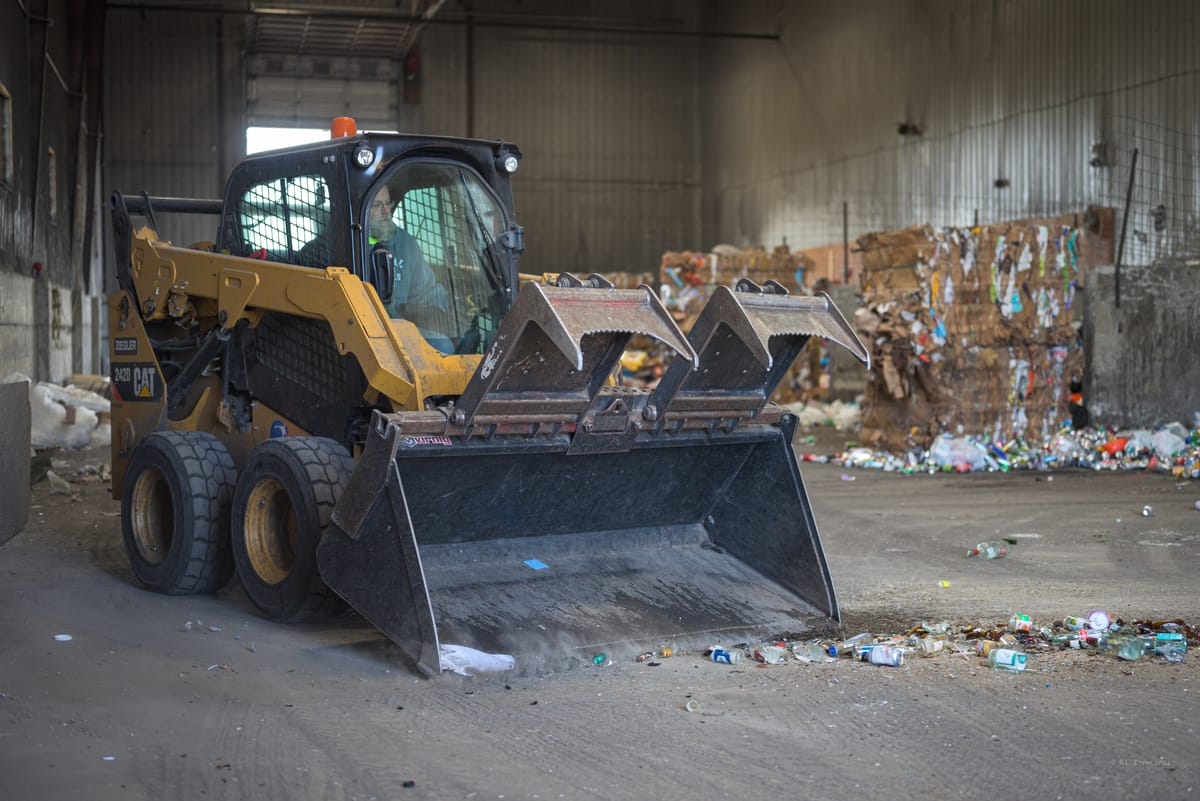
This is a fear of mine as well. I turned 40 in June and felt my mind is sharper but my body more brittle than it used to be. Ben turned 40 too, but directed all the celebratory energy my way. He wasn’t feeling it as a happy birthday.
Ben’s grandma famously used to say: “It’s a great life, if you don’t weaken.” He shared that with our child recently. It makes me laugh some days and pains me on others. It depends on whether I’m present or not.
When I can, I try to approach my days as the Dalai Lama does, with a healthy respect for death. He is often quoted for a morning mantra that starts: “Today I am fortunate to have woken up. I am alive. I have a precious human life. I am not going to waste it.”
Whether I can pass that lesson along to my child will be my next challenge.
Nora Hertel is the founder and executive director of Project Optimist.
This column was edited by Jen Zettel-Vandenhouten.
Project Optimist's End-of-Life series is supported by a grant from the Morgan Family Foundation.
